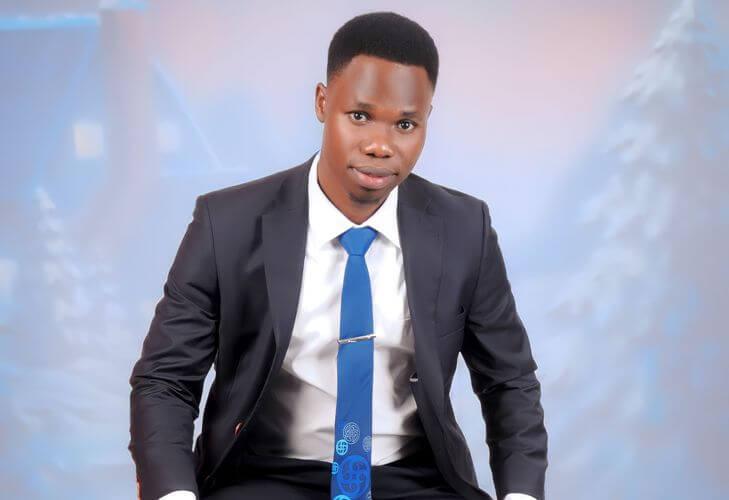NEWS- The Democratic Republic of Congo government and the Rwanda-backed M23 rebels yesterday pledged in separate statements released after talks in Qatar to work towards peace after violence flared in January, raising fears of a wider regional war in the country.
The latest agreement raised hope that the latest cycle of violence in a long conflict rooted in the Rwandan genocide might ease, but sources in the two delegations expressed frustration over the slow pace of negotiations.
Each side of the warring parties released the same statement separately after their delegations departed Qatar following more than a week of discussions as both parties reaffirm their commitment to an immediate cessation of hostilities and the statement described their talks as “frank and constructive”, but it was unclear if or when another round of talks would take place.
M23 rebels has staged an unprecedented advance since January, seizing Eastern Democratic Republic of Congo’s two largest cities of Goma and Bukavu in an assault that has killed thousands and raised fears of a wider regional war.
The latest peace push by Qatar comes after the Gulf State successfully brokered a surprise meeting last month between Congolese President Felix Tshisekedi Thilombo and Rwandan President Paul Kagame and both leaders called for a ceasefire after the meeting.
The meeting between Tshisekedi and Kagame apparently paved the way for direct talks between Democratic of Congo and M23 which Congo had long rejected branding M23 as a terrorist group.
The Government of Rwanda in turn has long denied supporting M23, saying its forces are acting in self defence against Democratic Republic of Congo’s Army and ethnic Hutu militiamen linked to the 1994 Rwandan genocide that killed around 1 million people.
Democratic Republic of Congo’s position is supported by the United Nations and Western governments, who claim that Rwanda is supporting the rebels by sending troops and arms.
Some participants in the Qatar talks complained the meetings quickly bogged down in technical details and sources from both sides said potential confidence-building measures such as the release of Congo-held prisoners accused of links to Rwanda and M23 inflamed tensions and almost derailed the outcome.
“They are asking for too much. They don’t even control two of the 26 provinces, and our justice system is independent. We cannot give in to every whim. Crimes have been committed. Some people must pay” A Democratic Republic of Congo government source said.
A source from the rebel coalition that includes M23 said the parties left Doha when the disagreements over confidence-building measures became an unsurmountable obstacle to substantive talks, however, participants briefed on the talks said, Qatar managed to pressure the two sides into releasing a joint statement agreeing to continue to work on a truce.
Belgium’s Minister for Foreign Affairs Maxime Prevot, described the latest round of talks between the Democratic Republic of Congo and the M23 rebels as a crucial step towards ending the violence.
However, the United Nations source told journalists that fighting had resumed in the Congolese territory of mining town of Walikale where the M23 had withdrew earlier this month, a move described as a goodwill gesture ahead of planned peace talks with the government.








